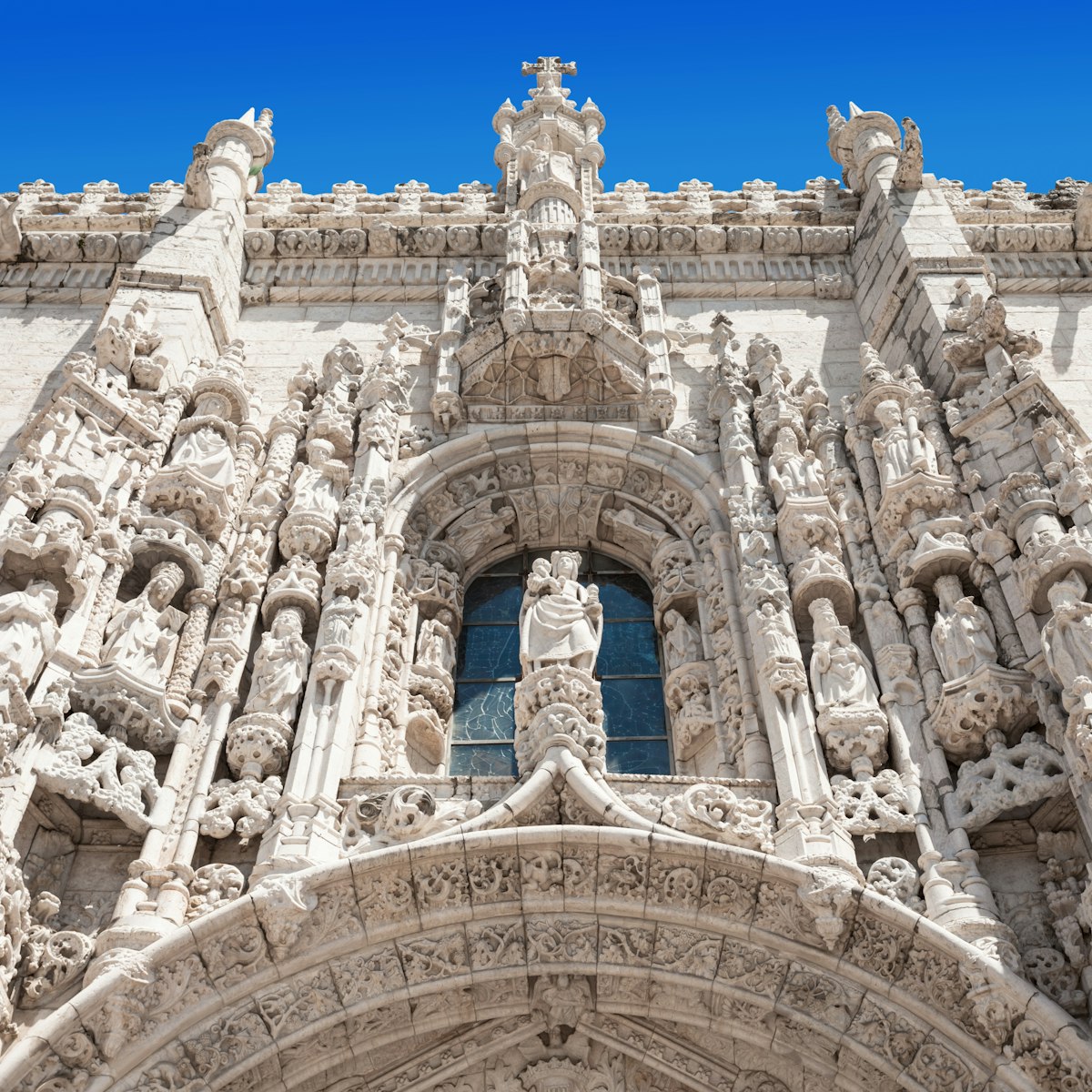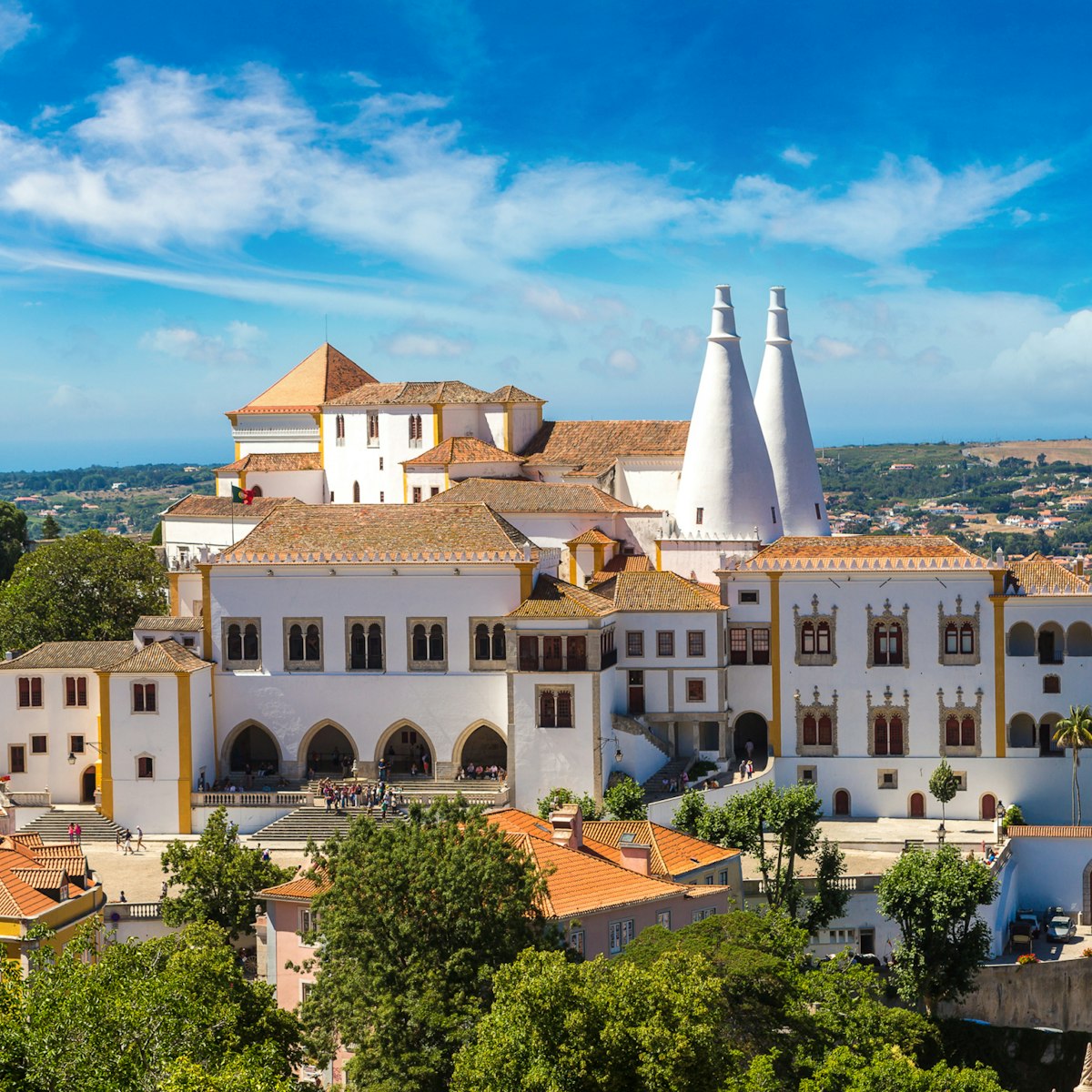The 109 arches of the Aqueduto das Águas Livres lope across the hills into Lisbon from Caneças, more than 18km away; they are most spectacular at Campolide, where the tallest arch is an incredible 65m high. Built between 1731 and 1799, by order of Dom João V, the aqueduct brought Lisbon its first clean drinking water. Its more sinister claim to fame is as the site where 19th-century mass-murderer Diogo Alves pushed his victims over the edge.
Another of the best places to see the aqueduct is in the leafy Praça das Amoreiras next to the Mãe d'Água.
Contact Lisbon's Museu de Agua (details are on the EPAL website) for guided tours and information in season.







